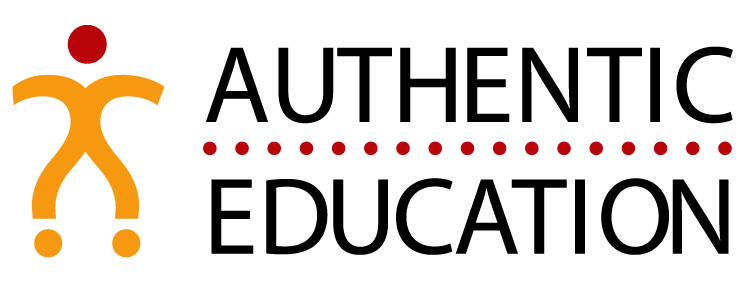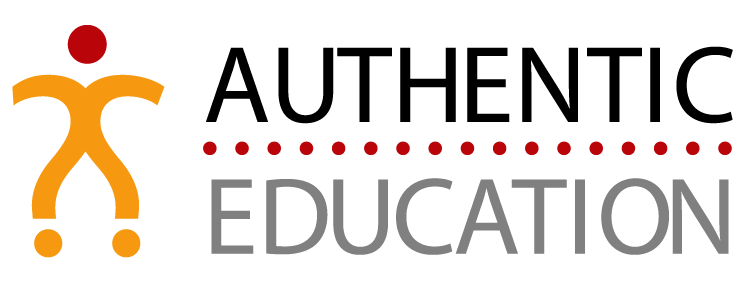In my last post I mused on the difficult challenge of teaching history. I want to follow it with a brief update from the just-announced framework for AP US History.
As readers may know, I played a small role in helping the Advanced Placement program move toward the depth-over-breadth focus that now underlies all future AP courses. The first courses were rolled out this year. In general, two courses per year are being overhauled. The most recently-announced changes include US History and Physics for 2014-15. The influence of UbD happily is seen in both frameworks.
In history seven overarching themes have been identified along with a core set of historical-thinking skills:
Overarching themes, or big ideas, serve to structure the redesigned course and encourage students to use a range of historical thinking skills as they investigate similar events in different time periods. The AP Exam will measure student understanding of the themes with questions that combine historical thinking skills with thematically based course learning objectives.
Here are the themes:
- Identity
- Work, Exchange, and Technology
- Peopling
- Politics and Power
- America in the World
- Environment and Geography — Physical and Human
- Ideas, Beliefs, and Culture
Here are the skills:

As for the exams, a deliberate attempt has been made to emphasize mastery of ideas and skills blended with content:
The following are general parameters about the relationship between the components of the curriculum framework and the questions that will be asked of students on the AP Exam:
- Students’ achievement of the thematic learning objectives will be assessed throughout the exam.
- Students’ use of the historical thinking skills will be assessed throughout the exam.
- Students’ understanding of all nine periods of U.S. history will be assessed throughout the exam.
- No document-based question or long-essay question will focus exclusively on events prior to 1607 (Period 1) or after 1980 (Period 9).
- Students will always write at least one essay — in either the document-based question or long-essay sections — that examines long-term developments that cross historical time periods.
A simple and welcome change is that by the more-general way in which content objectives are framed, teachers are explicitly encouraged to choose their own illustrative examples. Here is an illustration from the framework. Note how all the objectives are phrased as “understandings” in UbD terms:

Here is how this change is described:
AP teachers are provided with the same flexibility college professors enjoy to emphasize specific historical examples, while de-emphasizing others.
In the past, AP teachers frequently felt pressured to cover a large amount of content, uncertain which historical facts, figures, and events would appear on the AP U.S History Exam. But on the revised AP U.S. History Exam all questions are derived from the course’s stated learning objectives, which provide teachers with significant flexibility in choosing specific topics to explore in greater or lesser depth. The exam questions are written in a way that allows students to focus their responses on the historical examples that were taught in their course. This relieves the pressure on teachers to cover all possible events and details, and frees them to engage students more deeply in exploring, understanding, and interpreting major historical events.
Will this new approach solve all the problems I raised in my previous blog? Not likely. But at least it sends the right message about a focus on understanding clearly. It is a great start in making a good program better.
PS: The Physics changes are also welcome and UbD-friendly. More soon.




3 Responses
Out of curiosity, what is your take on the Big History Project? I am trying to learn more about it (the investigations in particular, but my application to view the content hasn’t been approved yet). At first glance, it seems to have quite a bit in common with the ideas espoused in your blog. Thanks for any insights you might be able to offer. Have any other readers out there had experience with the project?
http://www.bighistoryproject.com
Not familiar with it; will look into it.
UPDATE: Here is the link: a cool-looking online course offering a cross-disciplinary history of the universe designed for HS kids, supported by Bill Gates.
This IS progress. A victory of function over form.